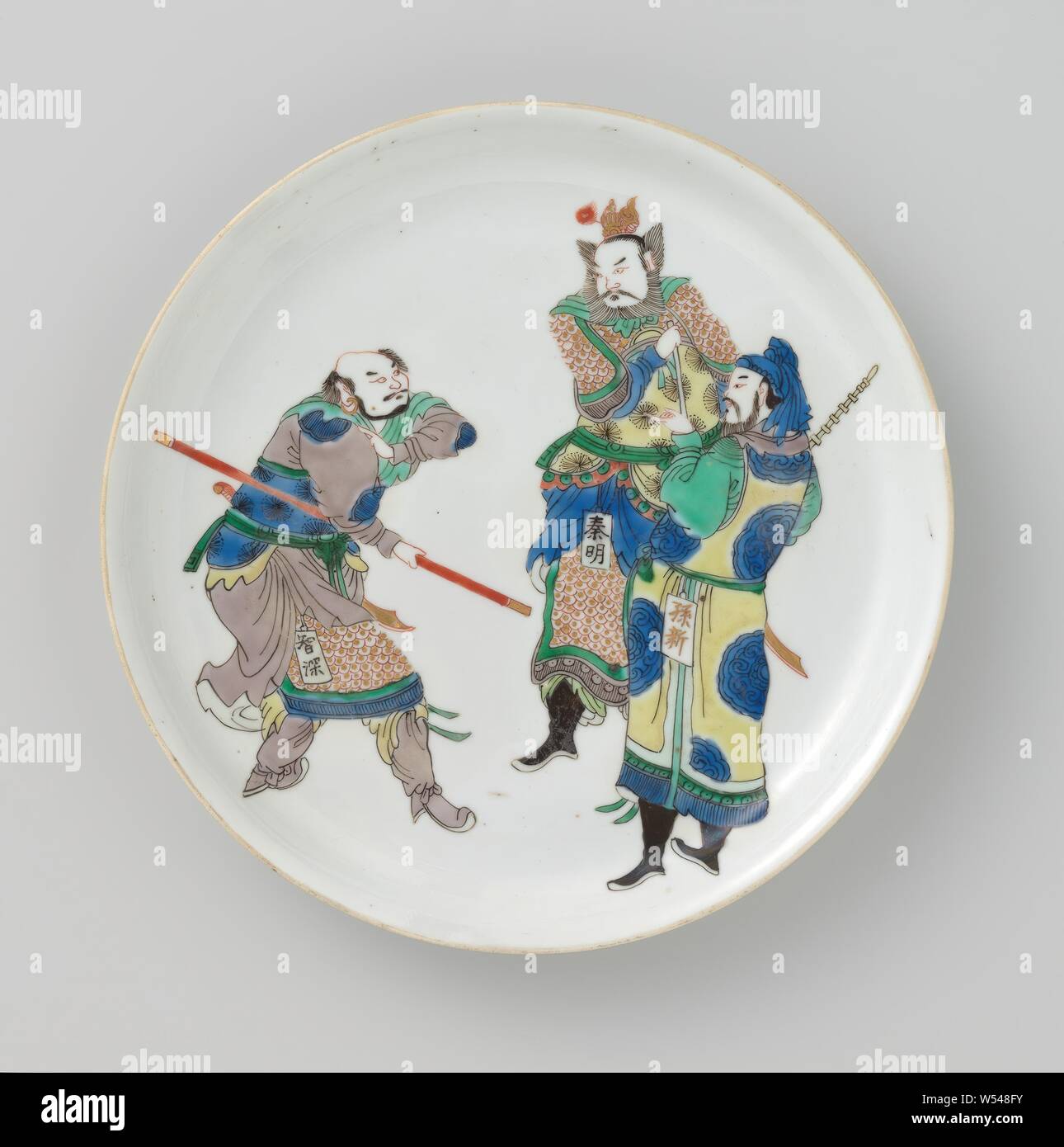

“Never thought I’d ever reunite with ya at this Twin Dragon Mount!”

“It’s good to see you, brother!” The summoned subchief did a fist-in-palm salute toward Lu Zhishen gratefully. He would be of great help when assisting Lu Zhishen in getting more settlement warriors into shape. The result turned out to be an elite instead probably because of the offering item added in the process.Īnd this man happened to know a general-rank art as well as formation tactics. The “Eagle Man” whose head was crushed open by Lu Zhishen’s stone was only a general rank-7 enemy, which meant the Heart of Enlightenment dropped by it could only summon a general-rank warrior. The others being Lu Zhishen and Li Qing, who handled the offering item and the Heart of Enlightenment.

As the master of the settlement, Ji Ye was one of the few people who could check the detailed attributes of a summoned warrior. Their stats were slightly beyond Ji Ye’s expectations. The Chongzhen Emperor of the Ming Dynasty, acting on the advice of his ministers, banned the book to suppress rebellions.Still, Ji Ye wasn’t expecting to see this man’s level, which was higher and more formal compared to those random settlers such as Big Bull and Ducky. Concurrently, the rebellion was also a call for the common people to rise up against corruption in the government. The outlaws' rebellion was deemed "safe" to promote as it was supposedly a negative reflection of the fallen Song Dynasty. There is a theory that Water Margin became popular during the Yuan Dynasty as the common people (predominantly Han Chinese) resented the Mongol rulers.

Even though they came from different backgrounds (including scholars, fishermen, imperial drill instructors etc.) all of them eventually came to occupy Mount Liang. During this time, the material on which the Water Margin was based evolved into what it is today. Stories about the outlaws of Mount Liang became a popular subject for Yuan Dynasty drama. Song Jiang and his outlaws were said to operate in the Taihang Mountains. Some of the more well-known stories and characters of the Water Margin are clearly visible, including "Yang Zhi sells his precious saber", "Robbing the convoy of birthday gifts", "Song Jiang kills Yan Poxi", "Fighting Fang La" etc. The fourth chapter covers the adventures of Song Jiang and his 36 companions, and their eventual defeat by Zhang Shuye. It is divided into ten chapters, roughly covering the history of the Song Dynasty from the early 11th century to the establishment of the Southern Song regime in 1127. The text is a written version of storytellers' tales, based on supposed historical events. They include Sun Li, Yang Zhi, Lin Chong, Lu Zhishen and Wu Song.Ī direct precursor of Water Margin was the Old incidents in the Xuanhe period of the great Song Dynasty (大宋宣和遺事), which appeared around the mid-13th century. Some of the characters who later became associated with Song Jiang also appeared around this time. Among the 36 were Lu Junyi, Guan Sheng, Ruan Xiaoer, Ruan Xiaowu, Ruan Xiaoqi, Liu Tang, Hua Rong and Wu Yong. The first text to name Song Jiang's 36 companions was Miscellaneous observations from the year of Guixin (癸辛雜識) by Zhou Mi, written in the 13th century. The name of "Song Jiang" appeared in the chapter of Emperor Huizong of Song while the activities of the outlaw group were mentioned in the chapter for Zhang Shuye.įolk stories of Song Jiang circulated during the Southern Song Dynasty period. They were recorded in History of the Song Dynasty of the Twenty-Four Histories. The group was active in the Huai River region and surrendered to the government in 1121. Water Margin is a novel based on the outlaw Song Jiang and his 36 companions. In 1996, Koei issued a remake for the Japanese Sega Saturn and Sony PlayStation featuring vastly improved graphics and new arrangements of the original songs. Bandit Kings of Ancient China, also known as Suikoden-Tenmei no Chikai (水滸伝・天命の誓い) in Japan, is a turn-based strategy role-playing simulation video game developed and published by Koei, and released in 1989 for MS-DOS, Amiga and the Macintosh and in 1990 for the Nintendo Entertainment System.


 0 kommentar(er)
0 kommentar(er)
